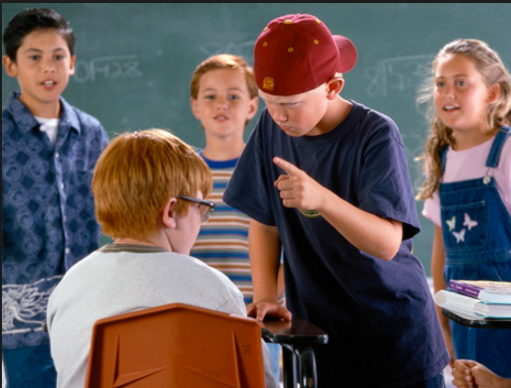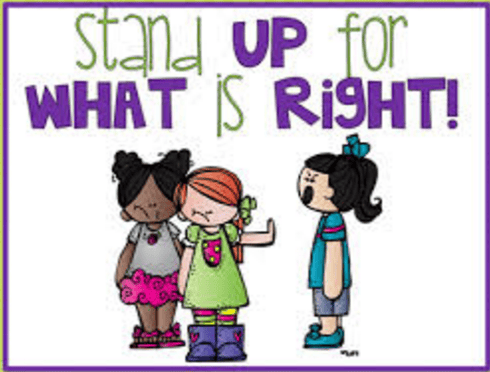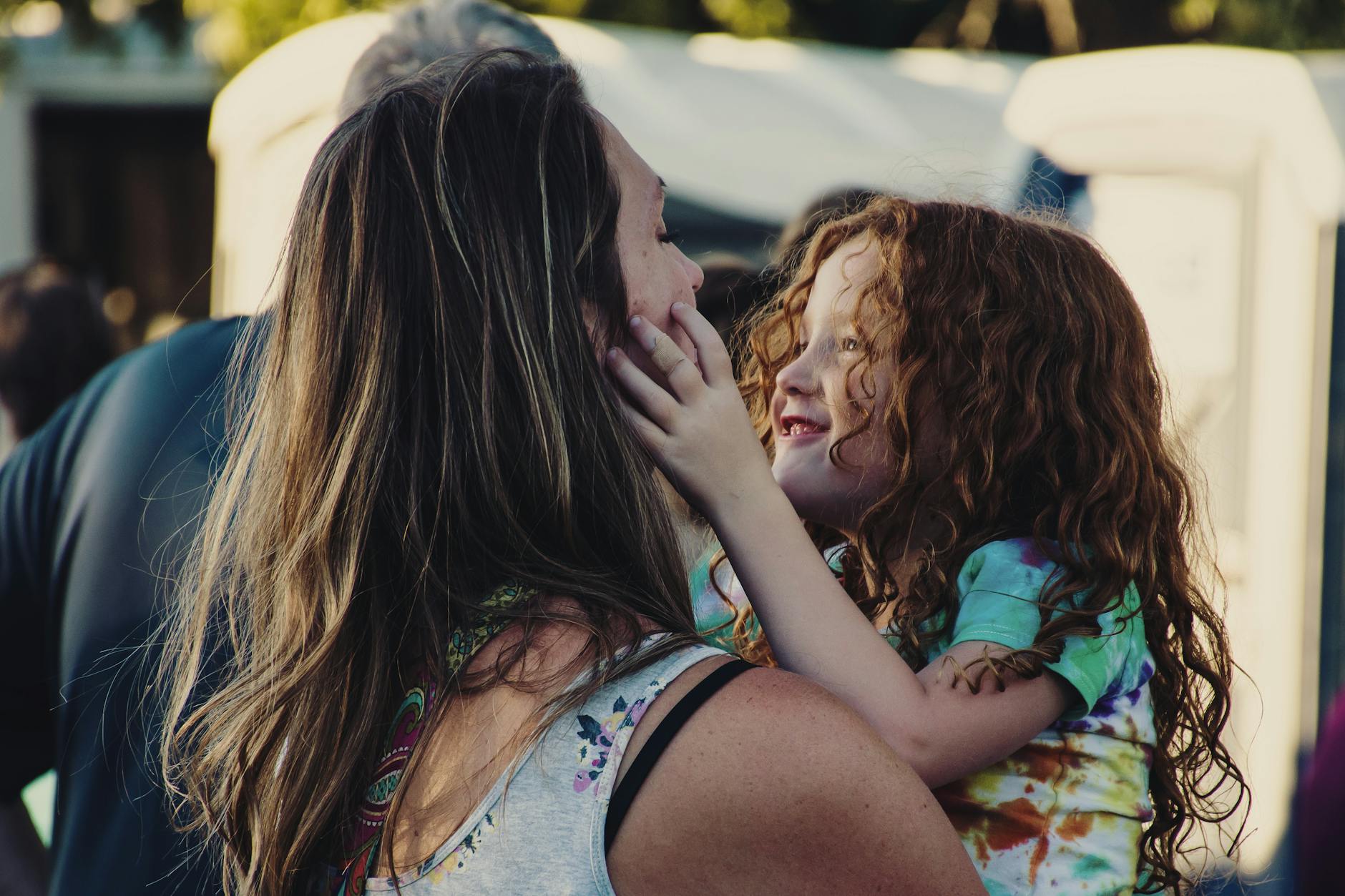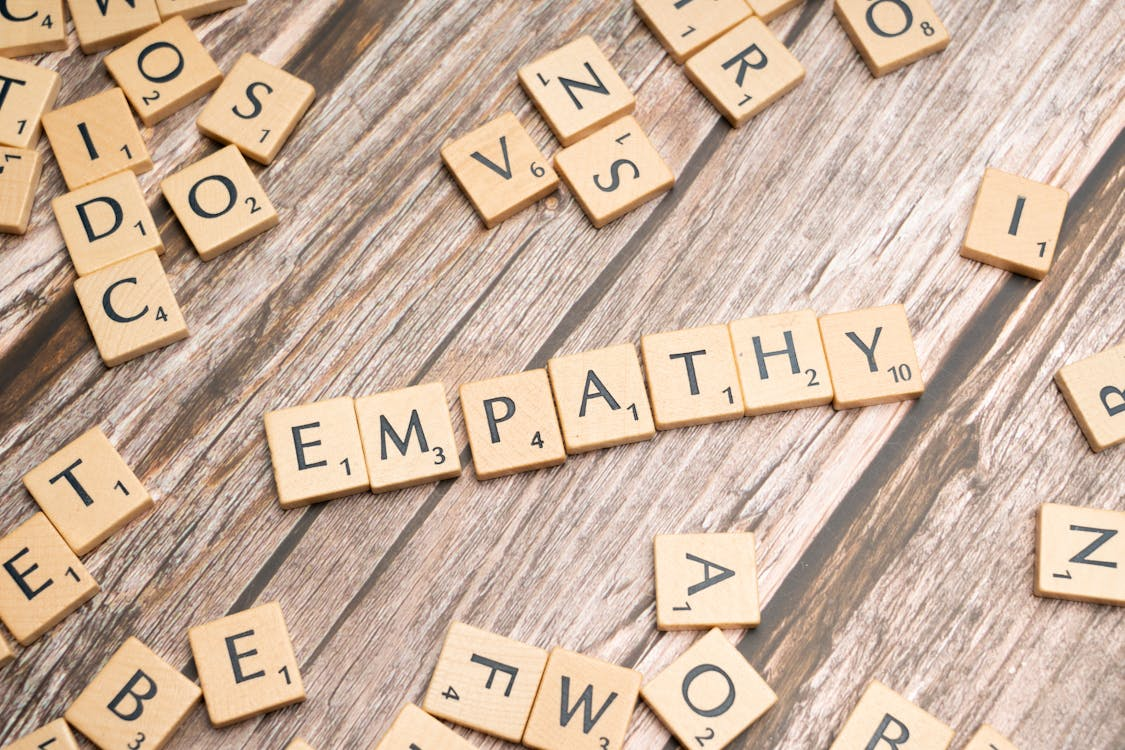15 Bullying Prevention Tips for Students

This is part 2 of a series. Please see How to End Bullying Part 1: 19 Tips for Parents and Teachers
I want to share something with you before you read my 15 tips to stop bullies.
If you are getting bullied, it is not because anything is wrong with you.
You are perfect just the way you are (as long as you are kind to others and yourself). You are not alone in what you are going through.
Kids all over the world learn how to deal with and overcome the impact of bullies.
Please know that if a bully is targeting you, they are bothering other children too. That is not your fault.
Bullies need help to learn the importance of caring about other people’s feelings.
Children bully because they learned the behavior from seeing it somewhere else. They also bully because they enjoy the feeling of having some control over their “victims.” They get satisfaction out of upsetting or hurting you.
Rachel Wise
You should never have to be in the middle of a bully’s control issues, and you never deserve any kind of mistreatment.
15 Tips to Handle Bullies (For Kids)
1. Walk away from the bully.

2. Change the subject.
Example:
Bully: You are so dumb and no one likes you!
You: (smiling) I wonder what we are doing in gym today!
3. Smile and shrug your shoulders when someone makes a mean comment to you.
You know who you are, and their words can’t change that or control you.

4. Respond with confidence and try to keep a straight face.
Here is a great video to show you how to be confident when dealing with a bully.
5. Seek out kind children to build friendships with.
If there are none to play with, find the activities you are interested in and focus on those until natural relationships with others develop.
It is better for your well-being to be alone than to spend time with people who are cruel to you.
5. Try to stay in groups of two or more, so you are not alone if a bully approaches you.
(Parents – If you are worried that your child is alone at school, talk to the administrators and school counselor to see if your child can be paired with a buddy who may also be by themselves a lot).
7. To prevent cyberbullying, make any social media profiles private.
Only accept connections with people you know and trust.
If anyone starts bullying you, delete and block that person from your connections and tell an adult.

Do not respond to the person bullying you online. If you are being bullied online through other people’s social media profiles, immediately notify an adult.
8. If you ever think you may need help from an adult (for yourself or someone else), let them know.
It is the right thing and okay to let someone know if bullying is happening.
Children are often scared to tell someone about the bully because they think it will make it worse if the bully finds out. The adult does not have to tell the bully that any particular child told on them.
There are ways to address the bully without mentioning the victim(s).
For example, the adult can tell the bully that teachers, parents, or kids have seen the behavior.
They don’t need to mention anyone specifically. Bullies commonly have more than one victim so you are likely one of many students that the bully has taunted.

It is bullying behavior that cannot be accepted. The victim is not involved in that and does not need to help change the bully’s behavior.
If you are concerned that the bully may find out you told on them, express your concerns before you share the student’s name.
If the adult’s response does not feel safe to you, you can talk to a few people (e.g., teacher, parents, counselor) before deciding who to share the bully’s name with.
How can you help another child who you see getting bullied?
10. Invite them to join you.
For example, if Johnny is being picked on and called names, walk over to him and say “Hey, do you want to come play tag with me?”
11. Tell the child being bullied that a teacher inside is looking for them (making up a reason for them to escape).
You can walk with them and go to an administrator or counselor if desired.
12. Make statements to get the bully to stop.
Examples include: “a teacher is coming”; “stop, you’re going to get in trouble”; “Why are we standing around watching this? Let’s go!”
13. Never join in any bullying.

14. Do not stand around watching bullying.
Bullies generally enjoy it when others watch them taunt their peers. They think they are putting on a show for the audience.
15. If you know a child is being bullied, ask them how they are doing and remind them that it is not their fault.
See Part 1 of This Series: How to End Bullying Part 1: 19 Tips for Parents and Teachers
It is brave and admirable to support other kids who are bullied.

Recommended Article: The Benefits of Teaching Self-Defense to Middle Schoolers in Physical Education.
Education and Behavior – Keeping Adults on the Same Page for Kids!

Rachel Wise is the author and founder of Education and Behavior. Rachel created Education and Behavior in 2014 for adults to have an easy way to access research-based information to support children in the areas of learning, behavior, and social-emotional development. As a survivor of abuse, neglect, and bullying, Rachel slipped through the cracks of her school and community. Education and Behavior hopes to play a role in preventing that from happening to other children. Rachel is also the author of Building Confidence and Improving Behavior in Children: A Guide for Parents and Teachers.
“Children do best when there is consistency within and across settings (i.e., home, school, community). Education and Behavior allows us to maintain that consistency.”









